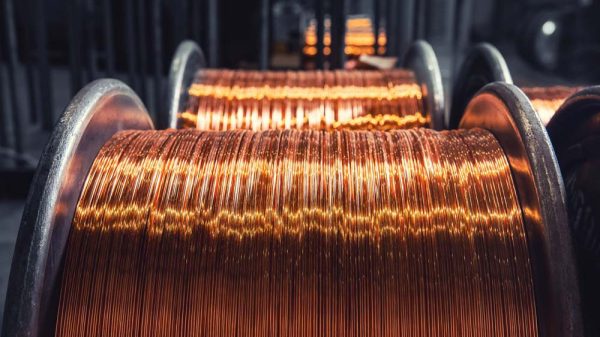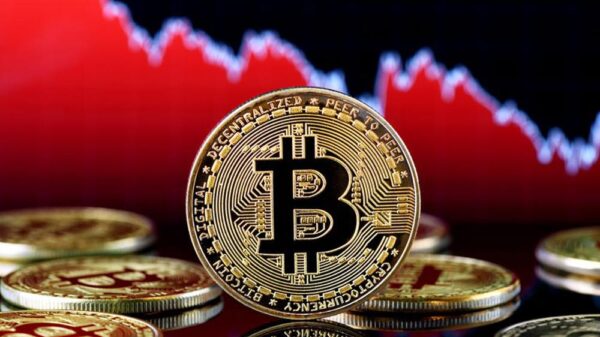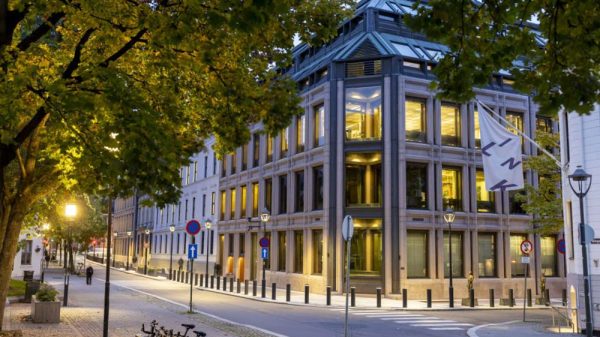Brazil, as the largest economy in Latin America, holds great significance in the global economic landscape. The country has experienced periods of robust growth and faced numerous challenges throughout its history. In this article, we will examine the current state of Brazil’s economy, explore the challenges it faces, and highlight the potential for sustainable growth and development.
Macroeconomic Stability
Brazil has made significant strides in achieving macroeconomic stability in recent years. The country has implemented prudent fiscal policies, inflation targeting measures, and structural reforms. These efforts have helped to control inflation, stabilize public finances, and restore investor confidence. The Central Bank’s commitment to maintaining price stability and managing monetary policy has contributed to a more predictable economic environment.
Diversified Economy
Brazil boasts a diverse economy, with strengths in various sectors. The country is a global leader in agribusiness, exporting commodities such as soybeans, beef, and coffee. It also has a well-developed manufacturing industry, particularly in the automotive, aerospace, and electronics sectors. The services sector, including tourism and financial services, contributes significantly to the economy. Brazil’s economic diversity provides a solid foundation for growth and resilience against external shocks.
Infrastructure Development
Brazil recognizes the importance of infrastructure development for sustained economic growth. The government has launched initiatives to improve transportation networks, expand energy production, and enhance digital connectivity. Infrastructure investments not only boost productivity but also attract private investment and create employment opportunities. Improvements in infrastructure can lead to increased competitiveness and facilitate regional integration.
Social Inequality and Inclusive Growth
While Brazil has made progress in reducing poverty and inequality, social disparities remain a persistent challenge. Income inequality, limited access to quality education, and inadequate healthcare services hinder inclusive growth. Addressing these issues requires targeted policies to promote equal opportunities, enhance human capital development, and provide a social safety net.
Environmental Sustainability
Brazil is home to the Amazon rainforest, a crucial ecosystem for global climate regulation. Balancing economic development with environmental sustainability is a significant challenge. Brazil faces the task of combating deforestation, promoting sustainable land use practices, and transitioning to a low-carbon economy. By embracing sustainable practices and leveraging its natural resources responsibly, Brazil can position itself as a global leader in green industries and contribute to the fight against climate change.
Conclusion
Brazil’s economy holds immense potential for growth and development. While challenges such as social inequality, infrastructure gaps, and environmental sustainability persist, the country has made notable progress in recent years. By continuing to implement sound macroeconomic policies, investing in infrastructure, promoting inclusive growth, and embracing sustainable practices, Brazil can navigate challenges and unlock its full economic potential. With a diversified economy and a large domestic market, Brazil has the opportunity to play a vital role in regional and global economic growth.











